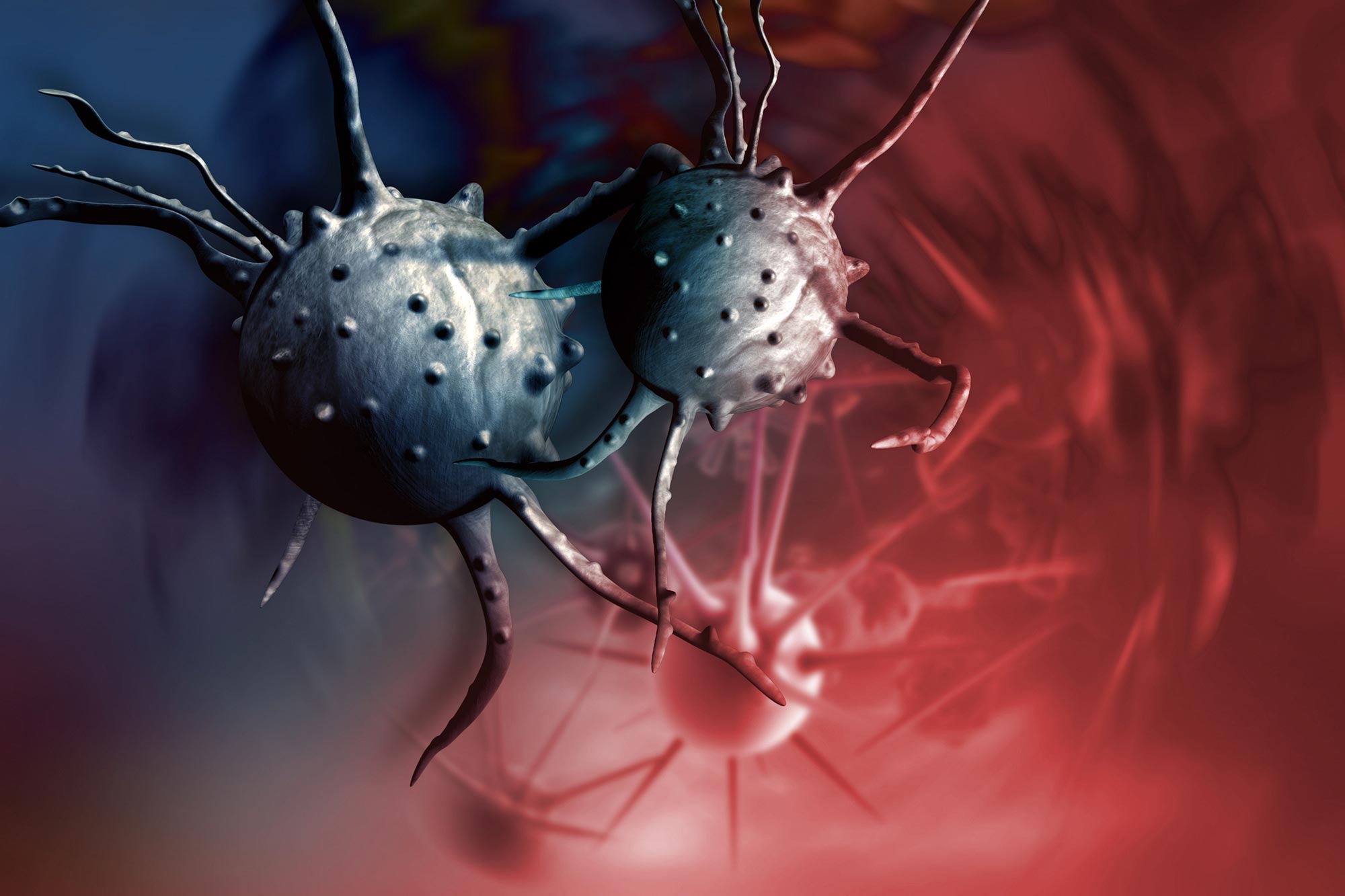
A new study suggests that Clostridioides difficile is responsible for certain colorectal cancers.
According to data gathered by scientists at the Bloomberg Kimmel Institute for Cancer Immunotherapy and the Johns Hopkins Kimmel Cancer Center, the bacterial species Clostridioides difficile, or C. diff, which is well known for causing serious diarrheal infections, may also cause colorectal cancer.
The research, which was recently published in the journal Cancer Discovery, may reveal another problematic role for this microbe, which causes over 500,000 infections annually in the United States, many of which are very challenging to treat.
“The uptick of individuals under age 50 being diagnosed with colorectal cancer in recent years has been shocking. We found that this bacterium appears to be a very unexpected contributor to colon malignancy, the process by which normal cells become cancer,” says Cynthia Sears, M.D., Bloomberg~Kimmel Professor of Cancer Immunotherapy and professor of medicine at the Johns Hopkins University School of Medicine.
Researchers in the Sears Lab reported several years ago that more than half of colorectal cancer patients had bacterial biofilms — dense colonies of bacteria on the colon surface — while only 10% to 15% of healthy people without tumors had biofilms. However, one sample stood out to the researchers when they infected mice with biofilm samples originating from specific colorectal cancer patients because it significantly raised colorectal tumors in the mice. This slurry caused tumors in 85% of the mice, while in most controls, tumor development is less than 5%.
In additional work, the team identified a patient sample without a biofilm that similarly increased colorectal tumors in the mice. Although several bacterial species have been linked with colorectal cancer — including enterotoxigenic Bacteroides fragilis, Fusobacterium nucleatum, and a specific strain of Escherichia coli — these microbes were either absent in the tumors of these two patients (B. fragilis and E. coli) or did not successfully colonize the mice (F. nucleatum), suggesting that other bacteria were responsible for promoting the colorectal cancer cascade..
To determine which bacteria may be causing tumors in the mice, Sears, along with study co-authors Julia Drewes, Ph.D., assistant professor of medicine, Jie (Angela) Chen, Ph.D., Jada Domingue, Ph.D., of Johns Hopkins, and colleagues performed additional experiments to see if a single bacterial species or a community of bacteria were promoting tumor formation in the mice.
They noted that toxigenic C. difficile, the type of C. difficile that causes diarrhea, was absent in the samples that did not cause tumors, but was present in the samples that caused tumors in mice. When the researchers added this bacterium to the samples that originally did not cause tumors, it induced colon tumors in the mice. Further testing showed that C. difficile alone was sufficient to prompt tumor formation in the animal models.
Additional experiments led by co-author Nicholas Markham, M.D., Ph.D., assistant professor of medicine at Vanderbilt University Medical Center, and study co-leaders Franck Housseau, Ph.D., associate professor of oncology at Johns Hopkins, and Ken Lau, Ph.D., associate professor of cell and developmental biology and surgery at Vanderbilt University School of Medicine, showed that C. difficile brought about a range of changes within colon cells that made them vulnerable to cancer.
Cells exposed to this bacterium turned on genes that drive cancer and turned off genes that protect against cancer. These cells produced reactive oxygen species, unstable molecules that can damage DNA, and they also prompted immune activity associated with harmful inflammation.
A toxin produced by this bacterium — known as TcdB — appears to cause most of this activity, the researchers say. When they used genetically engineered C. difficile strains that contained inactivated toxin genes and/or released a related C. difficile toxin called TcdA, mice infected with the TcdB-inactivated microbes produced far fewer tumors than those with TcdB-active ones, while TcdA made by C. difficile was not sufficient to cause tumors.
To date, Drewes says, there is limited epidemiological data linking C. difficile with colorectal cancer in humans, but if further research shows that a connection exists, it could lead to screening for latent C. difficile infection or previous infection as a risk factor for cancer. Since lengthy exposures to TcdB may increase colorectal cancer risk, an important prevention effort could include heightened efforts to eradicate this pathogen quickly and effectively, which recurs — often repeatedly — in 15%–30% of infected patients after initial treatment, including in pediatric patients.
“While this link between C. difficile and colorectal cancer needs to be confirmed in prospective, longitudinal cohorts, developing better strategies and therapeutics to reduce the risk of C. difficile primary infection and recurrence could both spare patients the immediate consequences of severe diarrhea and potentially limit colorectal cancer risk later on,” Drewes says.
Reference: “Human Colon Cancer–Derived Clostridioides difficile Strains Drive Colonic Tumorigenesis in Mice” by Julia L. Drewes, Jie Chen, Nicholas O. Markham, Reece J. Knippel, Jada C. Domingue, Ada J. Tam, June L. Chan, Lana Kim, Madison McMann, Courtney Stevens, Christine M. Dejea, Sarah Tomkovich, John Michel, James R. White, Fuad Mohammad, Victoria L. Campodónico, Cody N. Heiser, Xinqun Wu, Shaoguang Wu, Hua Ding, Patricia Simner, Karen Carroll, Martha J. Shrubsole, Robert A. Anders, Seth T. Walk, Christian Jobin, Fengyi Wan, Robert J. Coffey, Franck Housseau, Ken S. Lau and Cynthia L. Sears, 7 June 2022, Cancer Discovery.
DOI: 10.1158/2159-8290.CD-21-1273
The study was funded by the National Institutes of Health, the Bloomberg~Kimmel Institute for Immunotherapy, Cancer Research UK, the Johns Hopkins University Department of Medicine, the Johns Hopkins Kimmel Cancer Center Core, and the Department of Veterans Affairs.


0 Comments